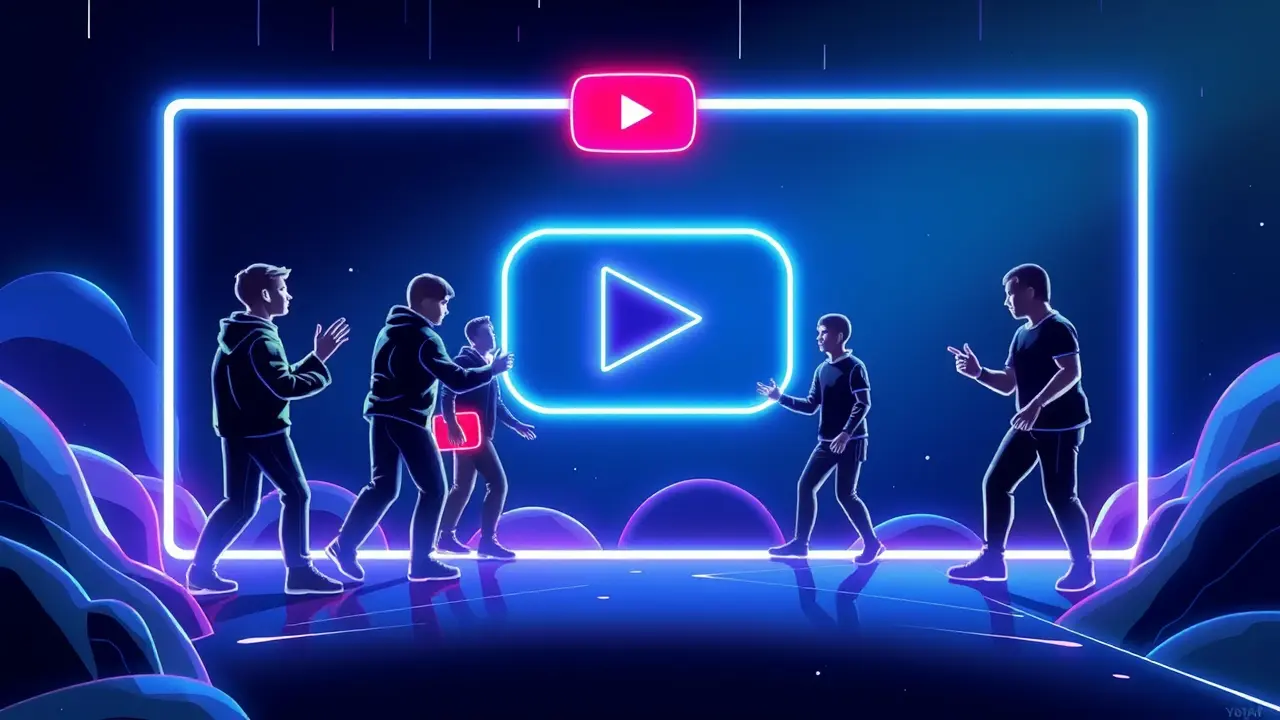YouTube Allows Banned Creators to Request Account Reinstatement
In a stunning reversal of digital policy that feels ripped from a political campaign playbook, YouTube has quietly opened the gates for previously exiled creators—specifically those banned for repeated violations of its COVID-19 misinformation and election integrity policies—to formally petition for account reinstatement. This isn't just a minor platform update; it's a strategic pivot, a calculated maneuver in the perpetual media war for creator loyalty and public perception.For years, YouTube's enforcement was the digital equivalent of a scorched-earth campaign, a zero-tolerance stance that made examples of high-profile figures to demonstrate its commitment to being a responsible information gatekeeper. The platform’s policies became a frontline in the culture wars, with de-platforming decisions hailed as victories for public health and democratic norms by one faction and decried as acts of censorship and Silicon Valley overreach by another.Now, the establishment of a formal appeals process signals a shift from a permanent ban strategy to a more nuanced, perhaps politically expedient, form of content governance. This move can be interpreted through multiple lenses: as a concession to pressure from free-speech advocates and powerful creator lobbies, as a recognition that permanent exile is an unsustainable long-term strategy in a competitive social media landscape, or even as an admission that the initial policies, while well-intentioned, were too blunt an instrument for the complex ecosystem of online discourse.The mechanics of this new system will be everything. Will reinstatement be a genuine review or a mere performative gesture? What criteria will the secretive YouTube 'juries' use to judge a creator's rehabilitation? Is it sufficient for a creator to simply promise future compliance, or must they publicly recant their past positions? The potential consequences are immense.For the platform, it risks a significant backlash from trust and safety advocates and could potentially re-pollute the information environment with previously identified bad actors. For the returning creators, it's a chance to reclaim their livelihoods and audiences, but they will be operating under the intense scrutiny of a permanent probation.For the average user, it raises fundamental questions about the permanence of online justice and the power dynamics at play in the digital public square. This policy shift is less about forgiveness and more about realpolitik—a recognition that in the battle for attention and relevance, no army, not even an army of banned creators, can be permanently ignored. The campaign for the soul of online video has entered a new, more complicated phase, and the attack ads from all sides are surely being drafted as we speak.
It’s quiet here...Start the conversation by leaving the first comment.
© 2025 Outpoll Service LTD. All rights reserved.
